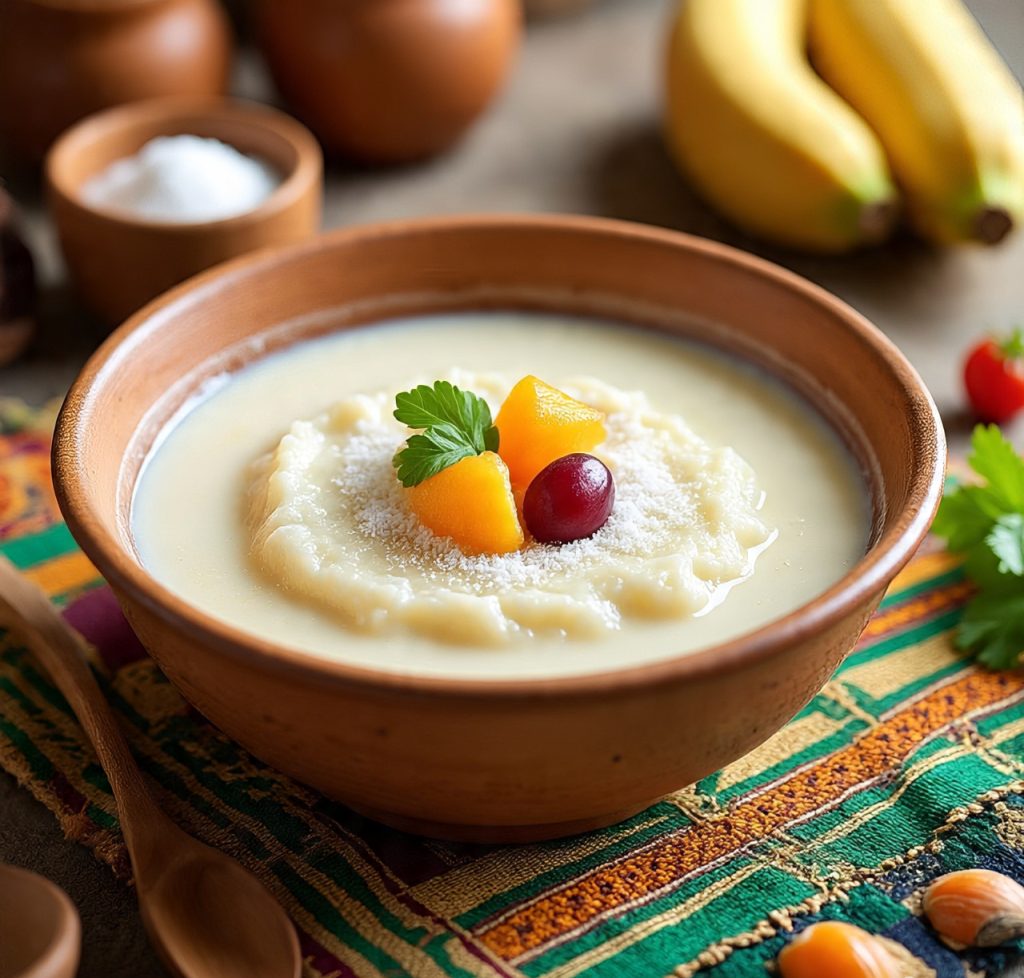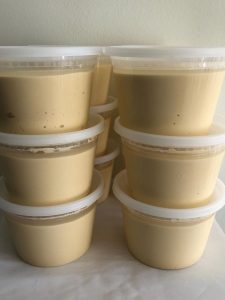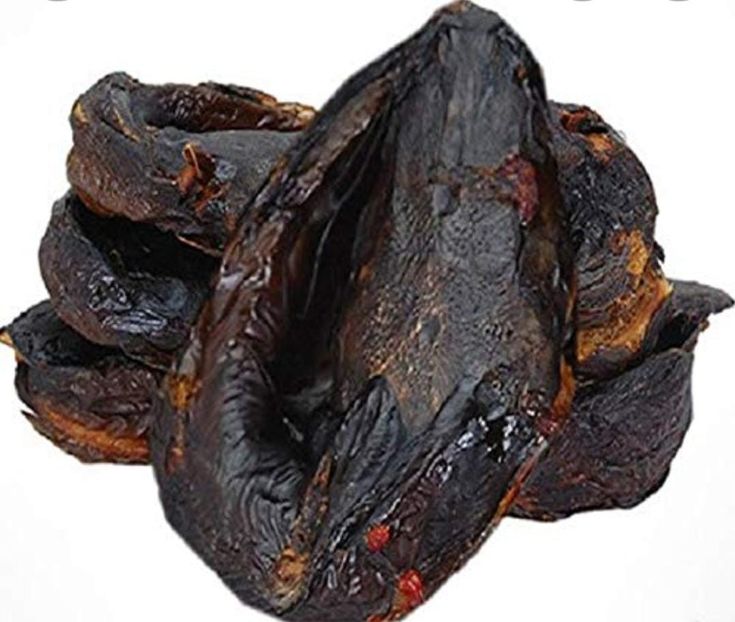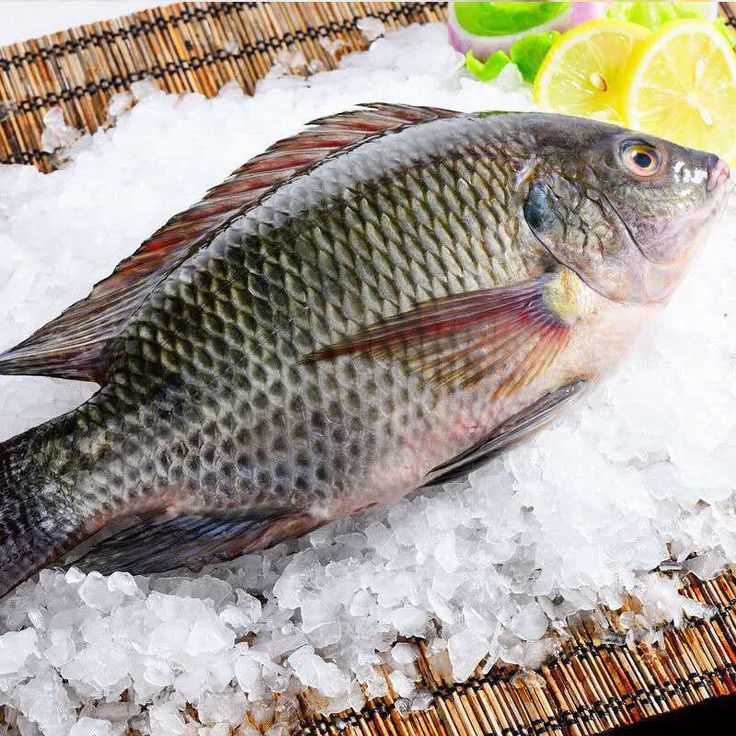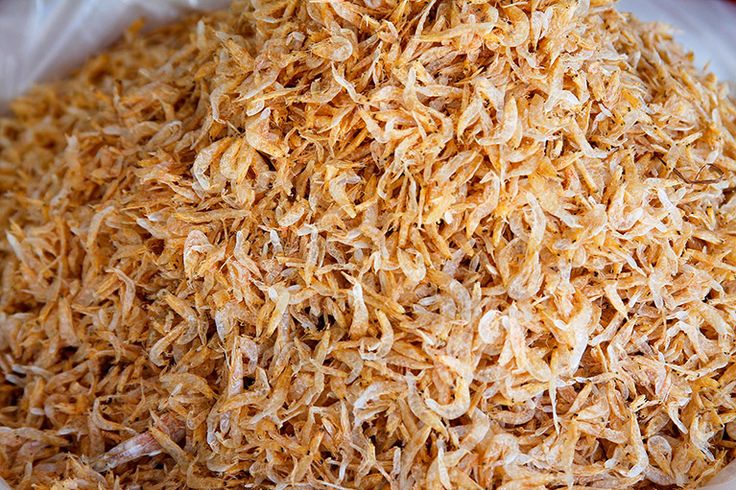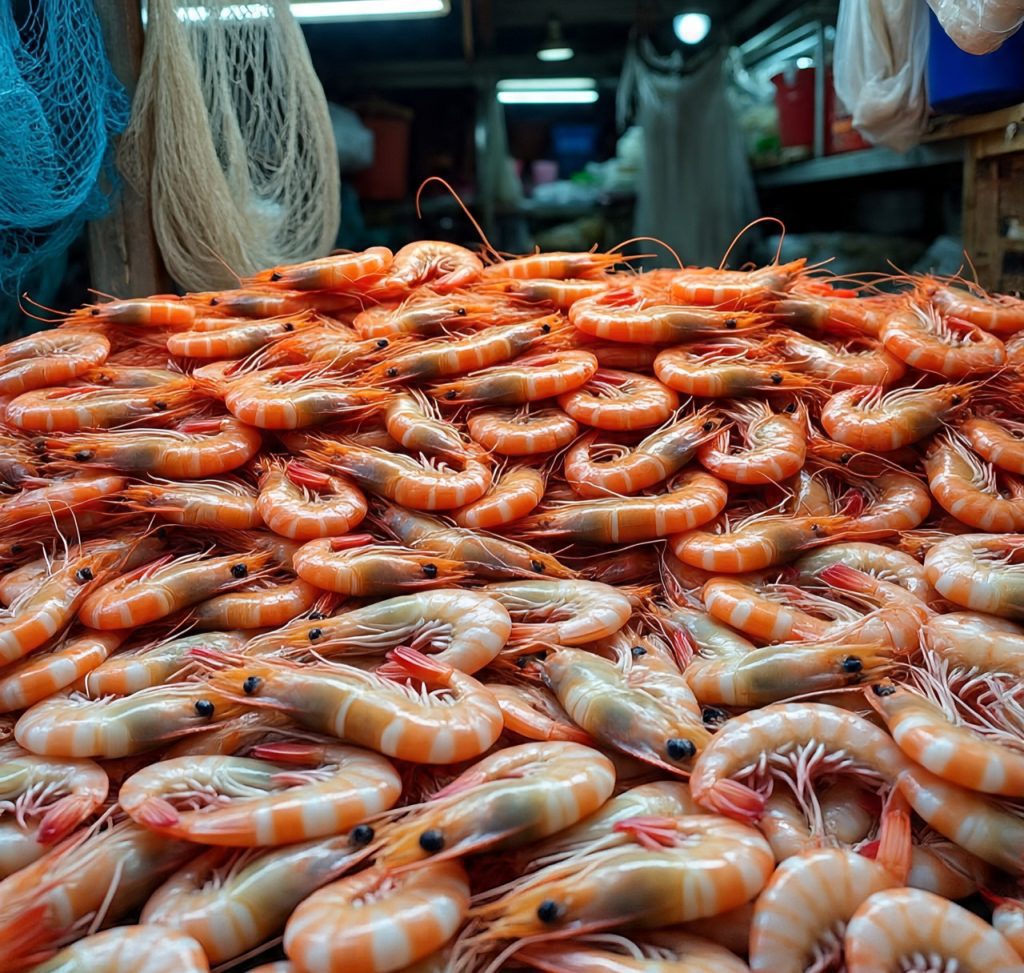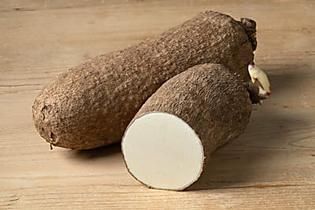What It Is
Pap, also known as Ogi, is a traditional fermented cereal pudding commonly made from maize (corn), sorghum, or millet. It has a smooth, custard-like texture when cooked and is widely consumed as a breakfast or weaning food across West Africa.
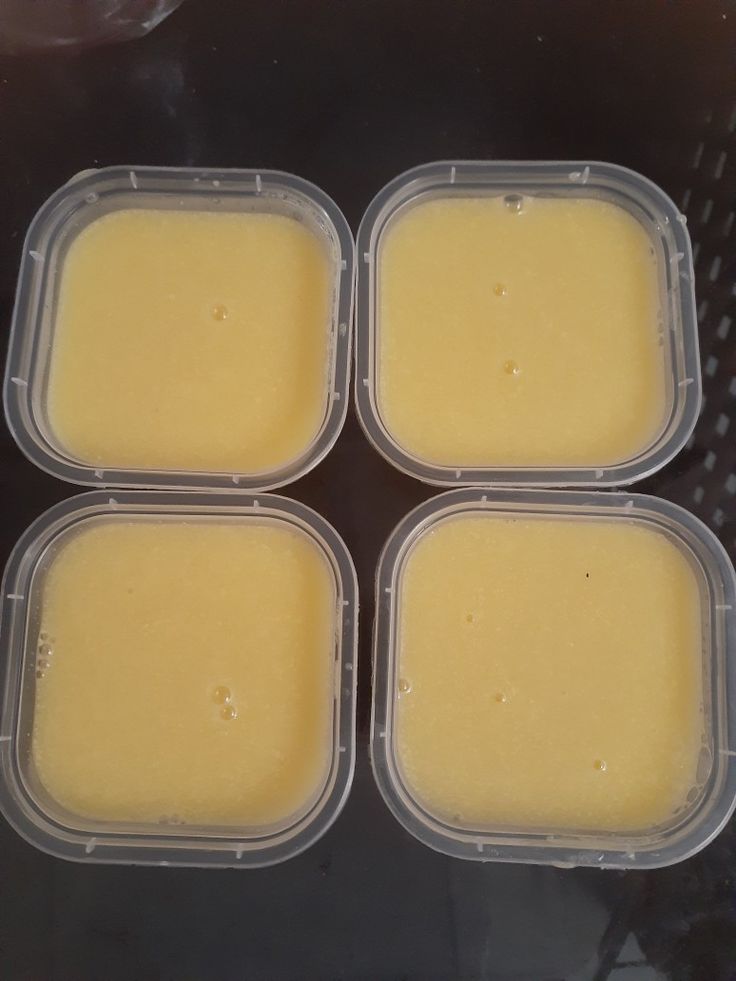
What Export of It Is
Exporting pap involves the processing and packaging of the fermented, sieved, and dried or semi-dried cereal paste into exportable forms. The demand exists among African diaspora communities, health food markets, and ethnic food stores abroad.
Forms of Export
Pap is typically exported in the following forms:
-
Dried Powder Form (most common)
-
Semi-dried Paste (vacuum-sealed or frozen)
-
Fermented Wet Paste (short shelf life – requires air freight)
Packaging
-
Retail Packs: 250g, 500g, 1kg in ziplock or vacuum-sealed bags
-
Bulk Packaging: 10kg to 25kg polythene-lined sacks or food-grade containers
-
Export Label Requirements: Must include product name, ingredients (e.g., fermented maize), processing date, expiry date, net weight, storage instructions, country of origin, and exporter information.
Preservation
-
Dried Pap Powder has a shelf life of 6–12 months when kept in cool, dry, airtight packaging.
-
Must be protected from moisture, pests, and contamination.
Uses
-
Baby food
-
Breakfast cereal (eaten with milk, sugar, or honey)
-
Base for herbal and medicinal preparations
-
Recovery food for the sick or elderly
Target Markets
-
United Kingdom
-
United States
-
Canada
-
Germany
-
France
-
Netherlands
-
Other EU countries with Nigerian or West African populations
Export Tips
-
Dry the pap thoroughly and test for low moisture to avoid spoilage.
-
Work with local food laboratories to confirm microbial safety.
-
Use FDA- or EU-compliant packaging for food products.
-
Partner with Afro-Caribbean stores, African food importers, or open your own distribution outlet abroad.
HS Code
-
190190 – Other preparations of cereals (including pap)

